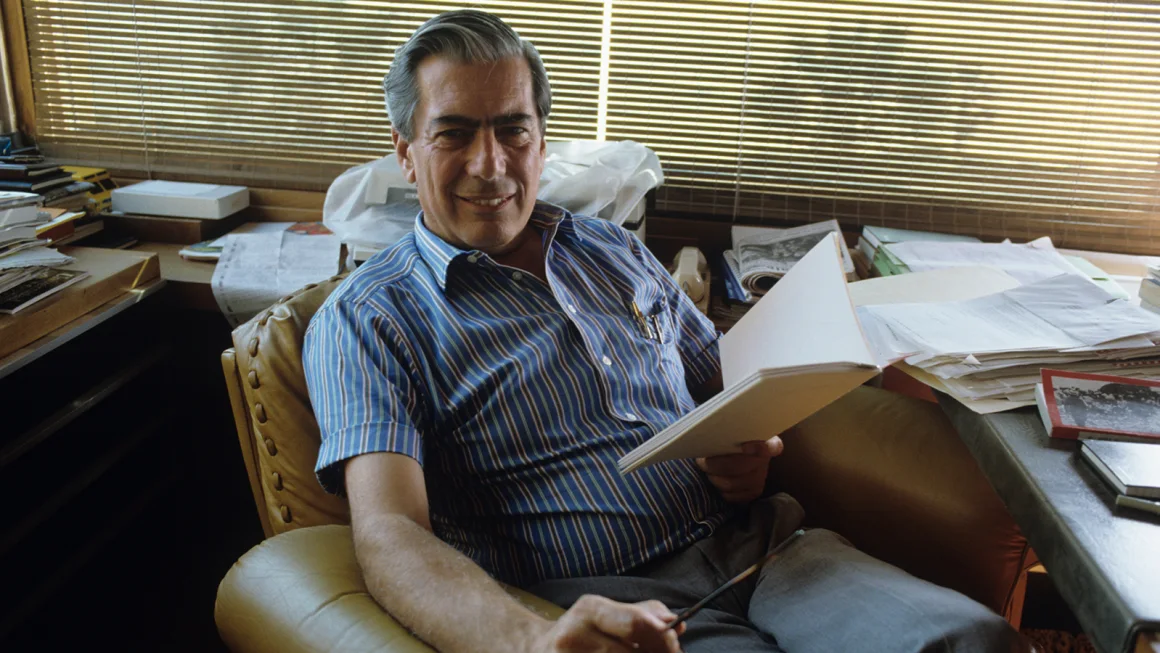A Life of Literature and Politics
Mario Vargas Llosa, the illustrious Peruvian-Spanish author, has made an indelible mark on world literature. Born in Arequipa, Peru, he transformed his personal experiences and societal observations into evocative narratives that transcended the borders of his homeland. His impactful stories often revolved around the struggle against totalitarianism, which resonated deeply within the political landscape of Latin America.

Acclaimed Works and Contributions
Vargas Llosa was not only a prolific writer but also a prominent figure in Peru’s political arena, having contested the presidency in 1990. His literary accomplishments include celebrated novels such as “Conversation in the Cathedral” (1969), “The War of the End of the World” (1981), and “Aunt Julia and the Scriptwriter” (1977). The latter was popularized in the film adaptation “Tune in Tomorrow,” starring Keanu Reeves and Barbara Hershey. In recognition of his contributions to literature, Vargas Llosa was awarded the Nobel Prize in Literature in 2010, an honor that he shared with the world in celebration of his literary genius.

A Lasting Legacy
Vargas Llosa’s death at the age of 89 marks the end of an era for literature and political thought. His family expressed that he would be deeply missed by loved ones and readers alike, yet there remains solace in his extensive body of work that continues to inspire and provoke thought. Peru’s president, Dina Boluarte, acknowledged his monumental influence and offered condolences, reiterating his significance as a timeless figure in Peruvian history. As we cherish his legacy, Vargas Llosa reminds us of the profound intersection of literature and life’s many injustices, and that the power of words can ignite change.


